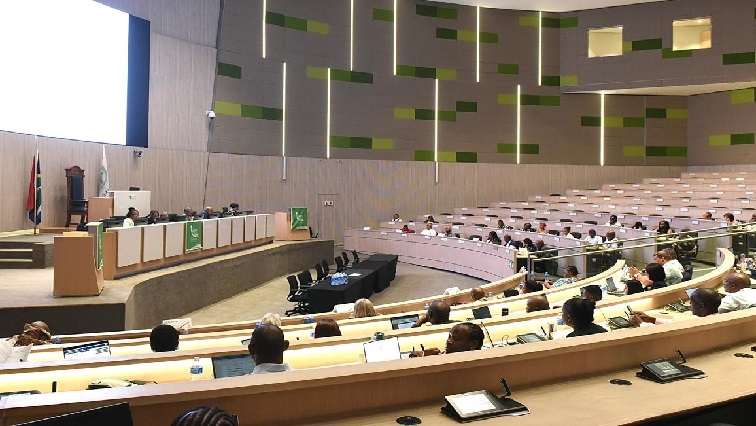The City of Tshwane saw major political shifts this year.
The Democratic Alliance-led coalition collapsed after ActionSA cut ties with the party and joined forces with the African National Congress (ANC), Economic Freedom Fighters (EFF) and other minority parties.
This led to the ANC regaining the metro, and ActionSA’s Dr Nasiphi Moya becoming Tshwane’s first citizen.
Political instability hit Tshwane when cracks in the DA-ActionSA relationship emerged.
Eighteen months after his election, DA Mayor Cilliers Brink’s future hung in the balance.
On September 26, he was ousted in a motion of no confidence supported by ActionSA and the ANC.
Brink, who could only muster 87 votes against 120, describes ActionSA’s move as a betrayal.
“We as a coalition have had no notice of this. No formal writing, no clear indication that that was going to be the case. But we can only accept that, given what has happened, given the statements made by Herman Mashaba and others, given the fact that our repeated attempts to meet with the leadership of Action SA have been rebuffed, this is in fact the situation; it is deeply disappointing. I regard it as a betrayal of our coalition and residents of Tshwane.”
With Brink being ejected, Tshwane was left without a mayor and intense negotiations followed.
Despite Brink’s disposition, the DA pushed for his return.
Their future as the new opposition started to dawn on them when the ANC’s national spokesperson Mahlengi Bhengu Motsiri made an agreement with ActionSA in public.
“The ANC has tried to bring on board all the parties to cooperate in forming a functional, viable, and inclusive government of local unity, but a brink-or-nothing approach will never work. Most parties expressed willingness to be flexible in negotiations and move beyond narrow party-political interests.”
In October, Dr Nasiphi Moya was elected mayor with an overwhelming majority.
ActionSA President Herman Mashaba criticised the DA for focusing service delivery on affluent areas.
“We are giving the commitment that service delivery is going to be directed to all the communities in the city of Tshwane.”
Sitting in the opposition benches, the DA caucus spokesperson Kwena Moloto has vowed to hold the new coalition accountable.
“We don’t consider action as having taken this job today; it’s the ANC, the anti-GNU faction and the Panyaza Lesufi faction, as well as the EFF, that are now in charge of the city. But from the opposition benches, they were more than willing to hold them accountable.”
Meanwhile, Dr Moya has promised to prioritise service delivery, especially in townships; and to resolve Tshwane’s financial challenges.
“One of the things that we need to focus on is to review the funding plan, both the implementation of it and also whatever else that we can identify in the funding plan. But I am confident that with that funding plan as the base, we will be able to improve and move from that.”
The coalition’s challenge is to stay intact whilst addressing service delivery ahead of the 2026 elections.
ANALYSIS | Prof. Lesiba Teffo on political instability in the City of Tshwane:

